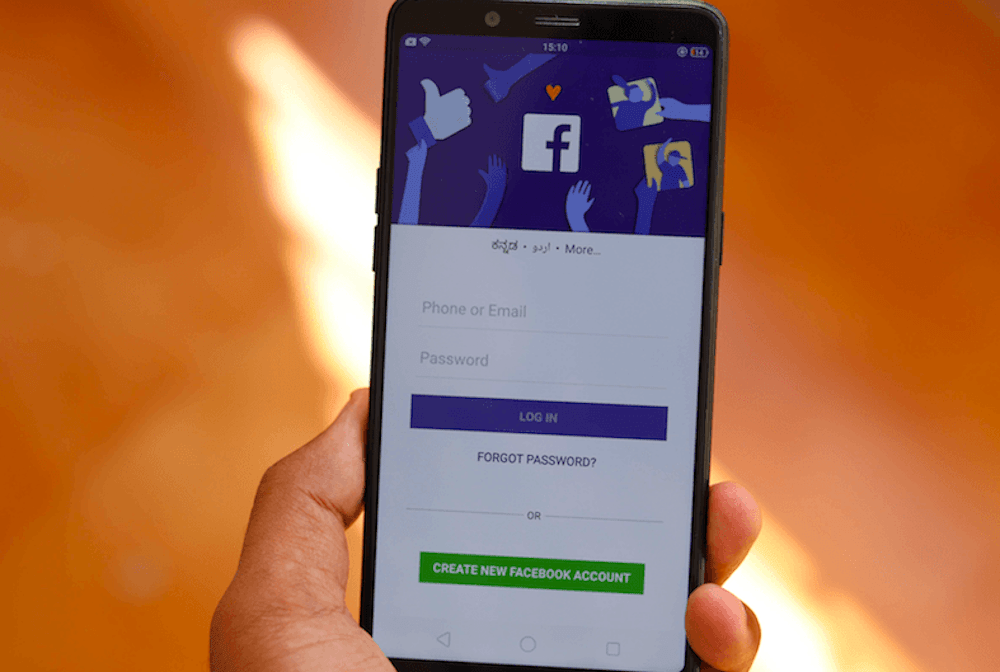Netflix and Facebook Would reduce Bitrates
Facebook on Tuesday said that more and more people have started to use its apps as many people across the world are following social distancing and are staying at homes. In the countries that are hit by the virus most, the company noted that the total messaging has increased by over 50% in the last month. Voice and video calls are also said to have doubled during the period especially on the company’s popular apps like WhatsApp and Messenger. While Facebook stresses that its apps are built to withstand spikes, it would reduce bitrates for videos on Facebook and Instagram for certain regions to ease network traffic. “To help alleviate potential network congestion, we are temporarily reducing bit rates for videos on Facebook and Instagram in certain regions,” Alex Schultz, VP of Analytics, and Jay Parikh, VP of Engineering said in a statement. “As this global public health crisis advances and more people are physically separated from their communities, we expect that people will continue to rely on our services to stay connected during this time, and we hope these connections make it easier for people to stay home.” Gadgets 360 in a report said that Facebook’s move to reduce bit rates would apply to India and that the company is “working with our partners to manage any bandwidth constraints. Likewise, Netflix on Friday said that the company would aid in reducing its traffic on service providers by 25% across the UK and Europe. “In Europe, for the next 30 days, within each category we’ve simply removed the highest bandwidth streams,” Ken Florance, VP Content Delivery for Netflix said in a media release. “If you are particularly tuned into video quality you may notice a very slight decrease in quality within each resolution. But you will still get the video quality you paid for.” TechCrunch on Tuesday said that the move from Netflix would now be extended to India.
YouTube’s Default Video Quality is Standard Definition
Meanwhile, YouTube has announced that the standard definition videos will be the default video quality for users across the world. According to Bloomberg, users will be able to watch high definition videos but that one would have to manually select the streaming quality. “We continue to work closely with governments and network operators around the globe to do our part to minimize stress on the system during this unprecedented situation,” the company said in a statement to Bloomberg.
